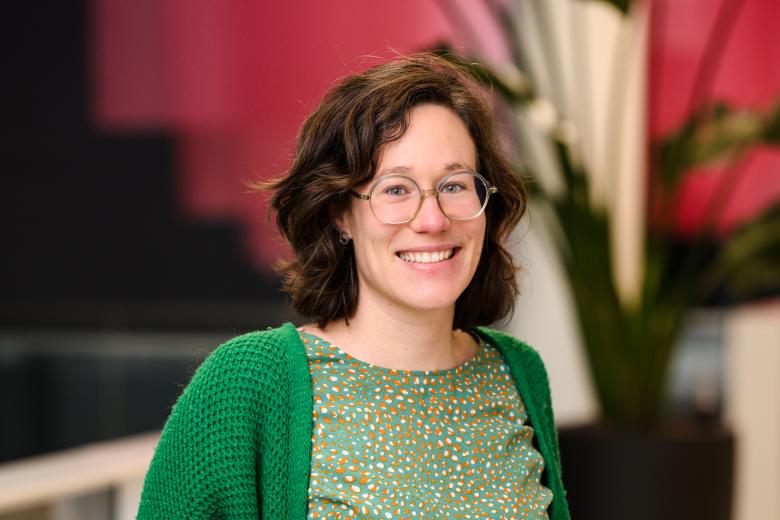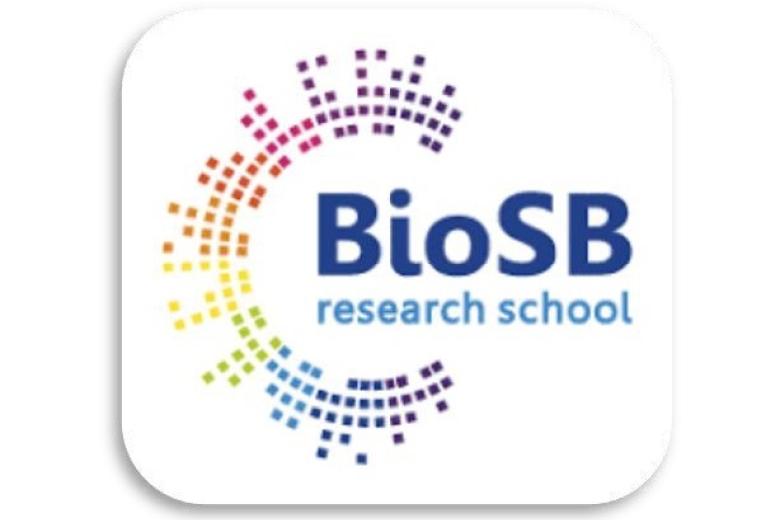Rare diseases aren’t rare
How can European solidarity improve the daily life of 30 million citizens? Recommendations for an EU approach on rare diseases
“Today, the 30 million Europeans living with a rare disease and their family members (often the main carers) remain a marginalised and largely invisible population, with little information about their diseases and their rights, few treatments, and a high level of psychological, social and economic vulnerability.”
On the 5th of December, the INTERREG project “EMRaDi” presented its recommendations for a European Union approach on rare diseases at the European Parliament in Brussels. These recommendations were presented by Caroline Glaude (Christian Mutual Health Fund, lead partner of the project) and then addressed during a panel discussion involving key stakeholders:
- E. Terol, member of the European Commission DG SANTE working for the European Reference Network;
- C. Friel, who worked on the European Court of Auditors’ special report on cross-border healthcare;
- M. Bolz-Johnson from Eurordis, the European association of patients with a rare disease;
- V. Bours, Head of the genetics department of CHU Liège, member of an ERN (European Reference Network) and of the EMRaDi project;
- T. Clemens, Expert in health policy from Maastricht University, also member of the EMRaDi project.
This event was co-hosted by MEPs Frédérique Ries (Renew Europe) and Pascal Arimont (EPP), who respectively made the opening and closing speech. The EMRaDi partners proposed three main approaches summarised below:
1. Holistic care: Organizing the care to take into account all the needs of people living with a RD The EU should create a supportive legislative framework to support health care providers and health insurance funds to develop holistic care and care coordination services for RD patients.
2. Telemedicine: Developing reimbursement of telemedicine for RD The EU should support the establishment of clear rules on reimbursing telemedicine for RDs in ERNs and in a crossborder context, and an easy access to the best available expertise for RD patients.
3. European solidarity: Structuring the coordination and the solidarity for RD at EU level The EU should implement the European Pillar of Social Rights, with attention paid to people affected by a RD, and support the creation of a European agency for RD.
A factsheet with our detailed recommendations is available on the project website .
The EMRaDi project is part of the European Union INTERREG V-A Euregio Meuse-Rhine programme and is financially supported by the European regional development fund (ERDF), as well as by the Belgian, Dutch and German regional partner authorities. The Interreg V-A Euregio Meuse-Rhine (EMR) programme invests almost 100 million euros in the economic and territorial development, innovation and social inclusion of this cross-border region, where over 5,5 million people live.
Also read
-
Aurélie Carlier receives Athena Award
Aurélie Carlier receives the Athena Award. This award is for exceptional female researchers who are role models through their successful scientific careers.
-
Denise Slenter Joins the BioSB Board as 'YoungCB' Portfolio Leader: request for PhD representative, and members
YoungCB is a network group designed for Early Career Researchers in Bioinformatics and Systems Biology, providing valuable opportunities for MSc students, PhD candidates, and postdocs to connect and collaborate.
-
High impact paper in Nature Reviews Drug Discovery
Members of Translational Genomics together with the TransQST consortium published a high impact paper in Nature Reviews Drug Discovery. It highlights the advancements in the development of in vitro models for predicting drug toxicity, with recommendations for their application in drug discovery.